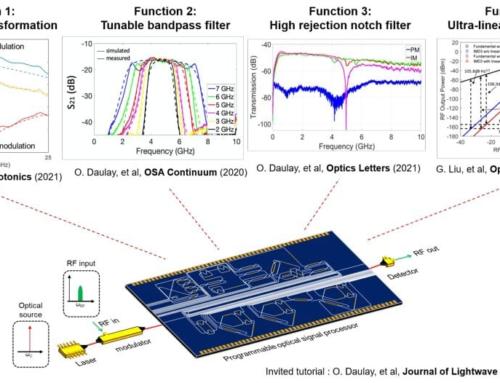ICASA has announced it will release emergency spectrum to meet the spike in broadband services demand due to the COVID-19 coronavirus lockdown.
This spectrum will be released for the duration of the national state of disaster and is expected to ease network congestion, maintain the quality of broadband services, and enable licensees to lower the cost of access to consumers.
The following spectrum bands will be made available for temporary assignment:
- 700MHz
- 800MHz
- 2,300MHz
- 2,600MHz
- 3,500MHz
ICASA said the bands will be assigned in accordance with the criteria and conditions it will stipulate in a Government Gazette later today. Licensees must submit their applications by Thursday 9 April.
“It is of critical importance to note that the emergency release of this spectrum does not, in any way whatsoever, negate the processes that are currently underway for permanent assignment of spectrum through an auction, the process which the Authority had committed to finalise by the end of 2020; as well as the assignment of spectrum to be set aside for the Wireless Open Access Network (WOAN) due for completion next year,” said ICASA acting chairperson Dr Keabetswe Modimoeng.
It said that for this reason, the criteria to be used to release the spectrum will be “fair and non-discriminatory”. “We intend to take the necessary care in this regard; and to ensure that there are no irreversible anti-competitive effects for the market,” said Modimoeng.
“In addition, we really urge licensees to work with us for the benefit of all South Africans in a collaborative effort so that the emergency release of the spectrum can make a meaningful contribution to curb the spread and flatten the curve of the COVID-19 pandemic.”
No evidence that 5G is a health risk
ICASA said it also continues to follow debates and discussions that attempt to link the spread of COVID-19 to the deployment of 5G technologies.
“South Africa adheres to the standards prescribed by both the ITU and the World Health Organisation (WHO), with the former’s focus being primarily for the regulation of radio frequency electromagnetic field emissions,” said ICASA.
“The Authority confirms that type-approved electronic communications facilities provided in the country adhere to the prescribed standards and that there is no evidence that they pose any health risks to the country and/or its citizens.”
It added that it is contributing to and participating in the development of International Mobile Telecommunications standards for 5G.



